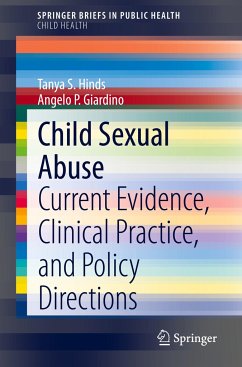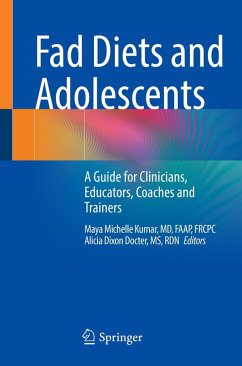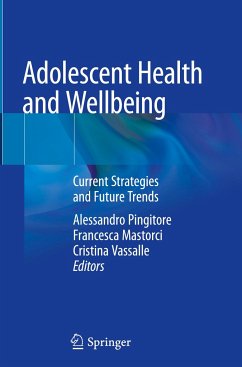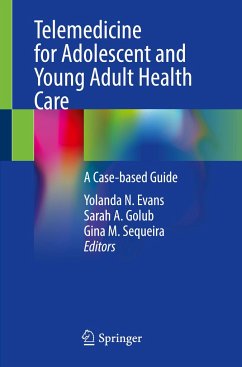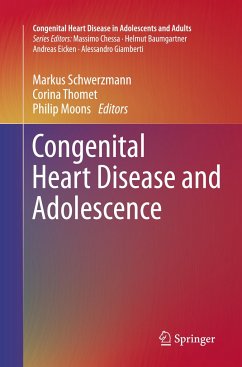
Medical Perspectives on Human Trafficking in Adolescents
A Case-Based Guide
Herausgegeben: Titchen, Kanani E.; Miller, Elizabeth

PAYBACK Punkte
42 °P sammeln!
Human trafficking is an increasingly large issue in medicine, particularly for the adolescent population. The pubertal and neurologic development of early- and mid-adolescence may serves as a foothold for trauma bonds and human trafficking. To date, there are few case studies of human trafficking in the medical literature. More often, these cases are missed, and human trafficking patients are unlikely to disclose their victimization to their physicians for multiple reasons. As a result, physicians fail to ask key questions and fail to notice important red flags for human trafficking. Research ...
Human trafficking is an increasingly large issue in medicine, particularly for the adolescent population. The pubertal and neurologic development of early- and mid-adolescence may serves as a foothold for trauma bonds and human trafficking. To date, there are few case studies of human trafficking in the medical literature. More often, these cases are missed, and human trafficking patients are unlikely to disclose their victimization to their physicians for multiple reasons. As a result, physicians fail to ask key questions and fail to notice important red flags for human trafficking. Research shows that this is primarily due to a lack of medical training and awareness and a resultant denial on the part of many physicians that victims of human trafficking present to their clinics or specialties.
This book provides clinicians with a case-based guide to scenarios they may encounter in their practice that involve human trafficking. These cases include those involving sextrafficking and labor trafficking; male and female and transgender victims; victims from a range of racial, ethnic, geographic and socioeconomic backgrounds; as well as presentations of adolescent and young adult victims to fields such as adolescent medicine, general pediatrics, neonatology, rheumatology, transplant medicine, and obstetrics-gynecology, in addition to the stereotypical presentations to emergency departments.
Each case is followed by a discussion that highlights key aspects of human trafficking in adolescent and young adult patients. These discussions also reference the growing body of research on human trafficking, orient the reader to medico-legal aspects of reporting human trafficking in the adolescent and young adult populations, and feature useful questions, exercises, and resources to promote discussion among those medical professionals who interact with adolescent medicine and young adult patients.
Written by physicians, legal advocates and lawyers,Medical Perspectives on Human Trafficking in Adolescents is the definitive guide for all clinicians who care for adolescentpatients. It is also a useful resource for mental health professionals and social workers.
This book provides clinicians with a case-based guide to scenarios they may encounter in their practice that involve human trafficking. These cases include those involving sextrafficking and labor trafficking; male and female and transgender victims; victims from a range of racial, ethnic, geographic and socioeconomic backgrounds; as well as presentations of adolescent and young adult victims to fields such as adolescent medicine, general pediatrics, neonatology, rheumatology, transplant medicine, and obstetrics-gynecology, in addition to the stereotypical presentations to emergency departments.
Each case is followed by a discussion that highlights key aspects of human trafficking in adolescent and young adult patients. These discussions also reference the growing body of research on human trafficking, orient the reader to medico-legal aspects of reporting human trafficking in the adolescent and young adult populations, and feature useful questions, exercises, and resources to promote discussion among those medical professionals who interact with adolescent medicine and young adult patients.
Written by physicians, legal advocates and lawyers,Medical Perspectives on Human Trafficking in Adolescents is the definitive guide for all clinicians who care for adolescentpatients. It is also a useful resource for mental health professionals and social workers.



